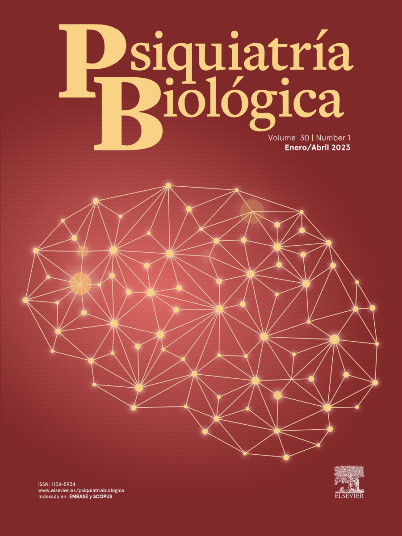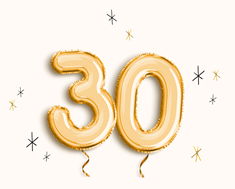Hay evidencia parcial de que los niveles elevados de la β-endorfina sanguínea se asocian a la adicción suicida en los adultos, pero apenas hay datos sobre los adolescentes. La β-endorfina sanguínea, con un importante papel en los mecanismos de gestión de las adicciones, puede inducir euforia y felicidad, recompensar y reforzar el comportamiento suicida. Para probar si los grandes repetidores de intentos de suicidio (5 o más intentos de suicidio) y de conductas autolesivas (20 o más episodios de autolesiones) tienen unos niveles de biomarcadores más elevados, se selecciona una muestra de 43 pacientes de entre 12 y 17 años que acuden al Servicio de Urgencias Psiquiátricas en el Hospital Universitario Puerta de Hierro Majadahonda. Diez presentan 5 o más intentos de suicidio, 35 presentan 20 o más episodios autolesivos y 10 presentan ambas características, y la mayoría de los adolescentes cumplían criterios de adicción para autolesiones y suicidio. Los resultados sugieren que todos los pacientes que presentaban adicción al suicidio también presentaban adicción a la autolesión. Los niveles de ACTH, cortisol y β-endorfina sanguíneos y de cortisol en orina fueron muy elevados, pero no diferenciaban a los grandes repetidores del resto de adolescentes.
There is partial evidence that elevated levels of blood β-endorphin are associated with suicidal addiction in adults, but hardly any data on adolescents. Blood β-endorphin, with an important role in addiction management mechanisms, can induce euphoria and happiness, reward and reinforce suicidal behavior. To test whether high repeaters of suicide attempts (5 or more suicide attempts) and self-injurious behaviors (20 or more episodes of self-injury) have higher biomarker levels, a sample of 43 patients aged 12-17 years attending the Psychiatric Emergency Department at the Hospital Universitario Puerta de Hierro Majadahonda is recruited. Ten present 5 or more suicide attempts, 35 present 20 or more self-injurious episodes and 10 present both characteristics, and most of the adolescents meet addiction criteria for self-injury and suicide. The results suggest that all patients with addiction to suicide also had addiction to self-injury. Blood ACTH, cortisol and β-endorphin and urine cortisol levels were very elevated, but did not differentiate heavy repeaters from the rest of the adolescents.







